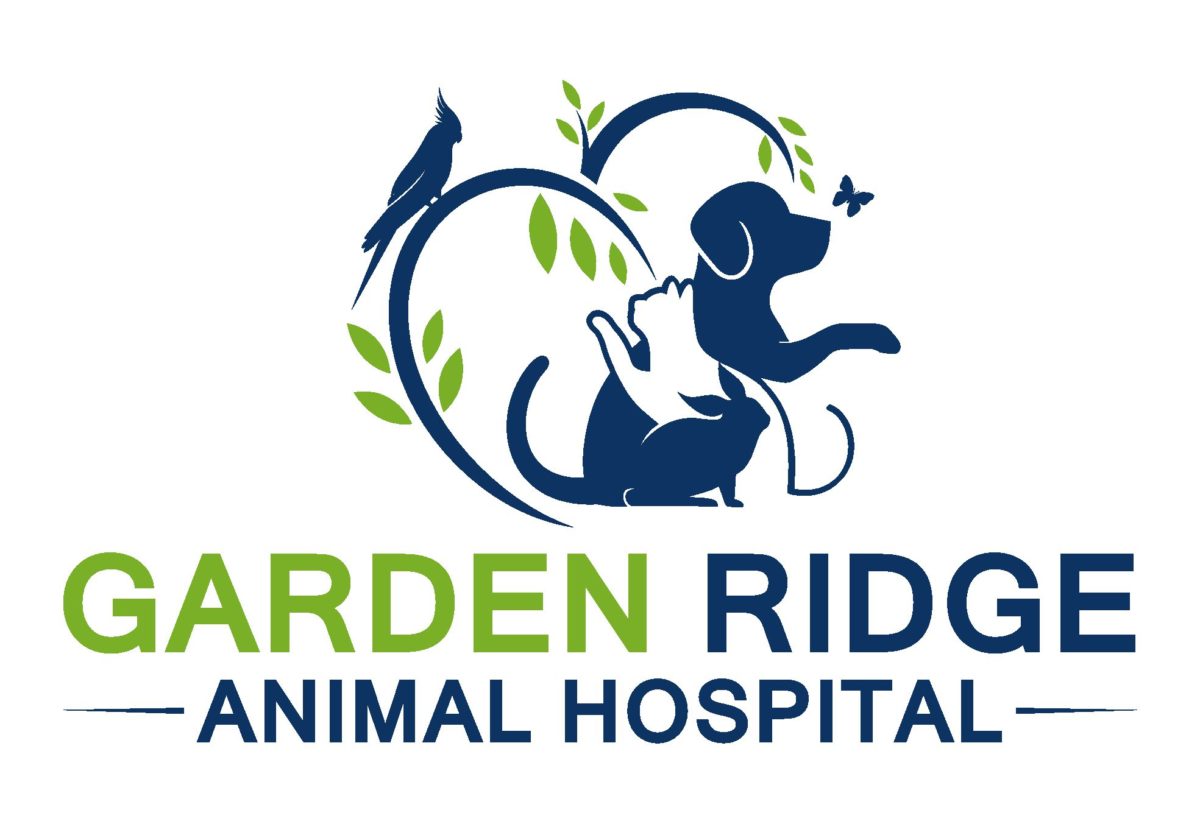Many vets are getting phone calls from clients who are concerned that their pets are “acting out” in this time of anxiety. This would be completely normal whenever owners are experiencing anxiety or depression themselves. And it would be surprising if any pet parent who is watching the news isn’t experiencing stress,anxiety,fear, or depression. I have been using Fear Free Techniques to manage fear, anxiety and stress in pets for over 3 years now with fantastic results.
Ways Pets Act Out
Seeking attention
Destructive behavior
Not being able to settle down
House soiling
Aggression
Depression
Things Pet Parents Can Do
Keep a normal routine for yourself and pets
Stay calm yourself
Lots of exercise-go for a walk (if allowed); throw the ball in the backyard
Give your pet at least an hour alone for their “me time”
Try to stay on the same diet, feed at the same time
Calming OTC pheromones like Adaptil for dogs and Feliway for cats that can be purchased online
Things Vets Can Do To Help
Behavioral consults over the phone/telemedicine
Medications for anxiety like Trazadone for dogs and Gabapentin for cats
And lastly, plan proactively for your pets care in case you get sick and someone else has to care for your pets temporarily. Decide who the caretaker would be and write down what your pet eats, when they eat, what are three favorite treats, what medications they tske, and special habits they have. Try to keep two weeks worth of food and 30 day supply of meds.
Our pets can give us great emotional support at times of high stress like this, but we have to be there for them too. Give them a hug- as long as it doesn’t stress them out!

